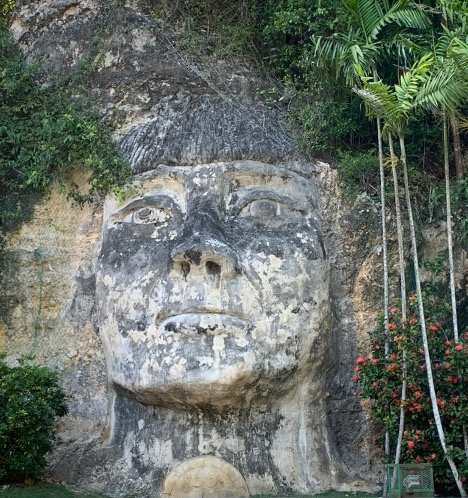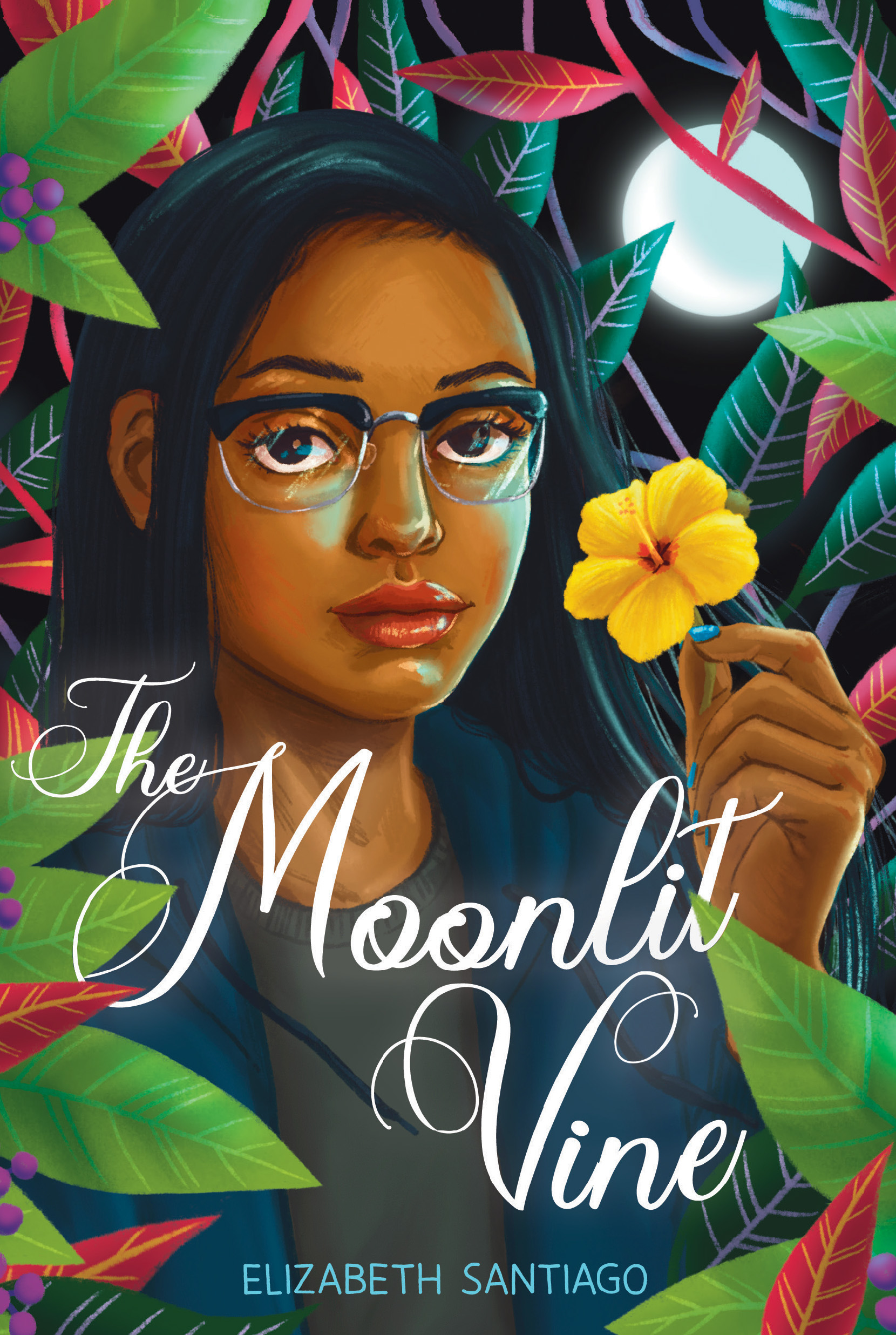From Teaching to Writing

TeachingBooks asks each author or illustrator to reflect on their journey from teaching to writing. Enjoy the following from Elizabeth Santiago.
From Learning to Writing
by Elizabeth Santiago
In 2020, I completed a doctoral program studying the intersections of creative writing, adult literacy, and liberation. These were three areas I was able to identify myself through this interdisciplinary, individually designed program and were a perfect description of my personal journey both as a student and a teacher. I have taught in adult literacy and high school equivalency programs for most of my teaching career and have been curious about why students disengage from educational pursuits. What are the factors that promote this concept of “dropping out” and how can we as teachers support re-engagement?
To be honest, I almost left my doctoral program because I was having trouble putting into academic words what I wanted to convey about why some students struggle in school. Sure, I had access to statistical data and personal stories from students I taught to build a thesis, but that only told part of a story and I was interested in looking at more than just symptoms of larger issues. I wanted to explore root causes as well, but describing root causes was harder for me to express given the confines of the doctoral process.
Instead of writing an academic paper on creative writing, I wrote a young adult novel, The Moonlit Vine, which I submitted as a qualifying paper as part of the doctoral process. It wasn’t easy to make the case that a work of fiction had academic merit, but I didn’t give up because writing creatively gave me an outlet to explore concepts such as generational and colonial trauma and how generational, historical and/or colonial trauma effect educational opportunities today. The Moonlit Vine, published by Lee and Low, is written to explore more complex concepts by weaving historical content into a contemporary work of fiction.
The book centers the Taíno who are the native people of Puerto Rico, Haiti, Dominican Republic, Jamaica, and Cuba. The common narrative is that they had become extinct due to the forces of colonization, but with the prominence of DNA testing, it has become clear that the Taíno are very much still alive. Puerto Ricans have the most Taíno DNA, which re-writes the narratives that we had been told. As a Puerto Rican woman who had been told by my mother and grandmothers that we were Taíno, I had always wanted to understand what that meant. Writing The Moonlit Vine allowed me the space to explore my ancestry along with how untold narratives and historical actions continue to affect all of us in present-day.

Taína Perez is my 14-year-old protagonist who doesn’t know about the history of Puerto Rico or about her ancestors. She is struggling in school herself and has little time to focus on her family history. But her grandmother shares knowledge of their past with Taína and that puts her on a path of learning culminating in Taína discovering her own agency.
The purpose of my doctoral research was to focus on creative writing techniques that support liberation and healing of students who have been struggling in school and who maybe even disengaged due to those struggles, yet this novel took a very personal turn by supporting my own liberation and healing. The healing was unexpected. I had not written creatively for many years and diving into my curiosity and research awakened the creative side of my brain. I began to place my research into a context with real, modern-day people, neighborhoods, and larger societal issues. The Moonlit Vine describes how the themes I was encountering in my research play out in schools, communities, and homes. The biggest theme I wanted to convey is that young people have power. They can change their personal life trajectories as well as the quality of life in their communities. This is why Taína, our fourteen-year-old protagonist, discovers and uses her power through the understanding of her history. Her awakening to her ancestral history plays out in the resilience of her present-day life.
Books and Resources

TeachingBooks personalizes connections to books and authors. Enjoy the following on Elizabeth Santiago and the books she’s created.
Listen to Elizabeth Santiago talking with TeachingBooks about the backstory for writing The Moonlit Vine. You can click the player below or experience the recording on TeachingBooks, where you can read along as you listen, and also translate the text to another language.
- Explore an Author Interview with Elizabeth Santiago
- Discover Elizabeth Santiago’s page and books on TeachingBooks
- Visit Elizabeth Santiago on her website, Twitter, Instagram, and LinkedIn.
Explore all of the For Teachers, By Teachers blog posts.
Special thanks to Elizabeth Santiago and Lee & Low Books for their support of this post. All text and images are courtesy of Elizabeth Santiago and Lee & Low Books, and may not be used without expressed written consent.



Leave a Reply